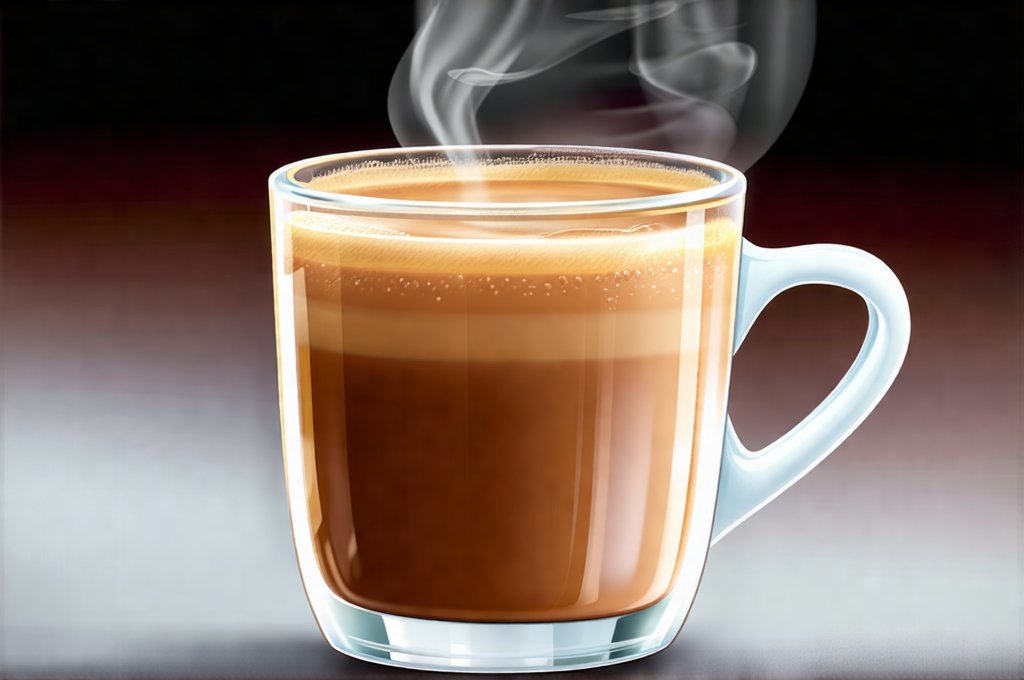Many people rely on caffeine to navigate their day – for increased alertness, improved focus, or simply as a pleasant ritual. However, this widely consumed stimulant can sometimes exacerbate bladder issues, leading to urgency, frequency, and even discomfort. It’s a common dilemma: wanting the benefits of caffeine without triggering unwanted urinary symptoms. Often, the issue isn’t necessarily eliminating caffeine entirely, but rather understanding how to use it strategically – what we call “smart caffeine” – to minimize its impact on bladder health.
This guide delves into the complex relationship between caffeine and bladder function, offering practical strategies for those who experience irritation. We will explore the science behind why caffeine affects the bladder, identify factors that influence individual sensitivity, and provide actionable steps to enjoy your daily dose without unnecessary discomfort. The goal isn’t deprivation; it’s informed consumption and a proactive approach to managing potential side effects, allowing you to maintain both energy levels and bladder comfort.
Understanding Caffeine & Bladder Irritation
Caffeine is a diuretic, meaning it encourages the kidneys to produce more urine. This increased fluid production naturally leads to a fuller bladder, and for some individuals, this can trigger urgency or frequency. However, the effect goes beyond simple diuresis. Caffeine also impacts the detrusor muscle – the muscle in the bladder wall responsible for contraction during urination. It acts as a mild stimulant on this muscle, potentially causing involuntary contractions even when the bladder isn’t full, leading to that urgent “gotta go” sensation. This is particularly relevant for those with overactive bladder (OAB) or interstitial cystitis (IC), conditions where the bladder is already hypersensitive.
Furthermore, caffeine can increase sensitivity in the nerves of the bladder and pelvic floor muscles. This heightened sensitivity means even a relatively small amount of urine can trigger a strong urge to urinate. The degree to which caffeine affects an individual varies widely depending on factors like genetics, hydration levels, overall health, and pre-existing conditions. It’s also important to remember that different sources of caffeine – coffee, tea, energy drinks, soda, chocolate – are metabolized differently by the body, potentially leading to varying degrees of bladder impact.
Smart Caffeine Strategies for Bladder Health
The key to minimizing bladder irritation isn’t necessarily cutting out caffeine entirely, but adopting a more mindful approach to its consumption. One effective strategy is timing. Avoid consuming caffeinated beverages within 3-4 hours of bedtime to minimize nighttime awakenings and reduce pressure on the bladder during sleep. Similarly, spacing out your intake throughout the day rather than consuming large amounts at once can help prevent overwhelming the bladder. Hydration plays a crucial role too. Paradoxically, despite being a diuretic, adequate water intake is essential for diluting urine and reducing irritation. Aim to drink consistent fluids throughout the day, avoiding large gulps which can trigger urgency.
Another important consideration is the type of caffeinated beverage you choose. Coffee tends to be more irritating than tea due to its higher caffeine content and other compounds that may impact bladder sensitivity. Herbal teas or decaffeinated options are excellent alternatives. Finally, pay attention to your body’s signals. Keep a “bladder diary” to track your caffeine intake alongside urinary symptoms. This will help you identify personal triggers and adjust your consumption accordingly. Remember, what bothers one person may not bother another, so personalized management is key. Smart food combinations can also play a role in bladder health.
Identifying Your Caffeine Threshold
Determining your individual tolerance level for caffeine is crucial for managing bladder irritation. It’s not a fixed amount; it varies significantly from person to person. A good starting point is gradual reduction – slowly decreasing your daily intake and observing the impact on your urinary symptoms. – Begin by reducing your caffeine consumption by 25-50% over a week or two. – Monitor your bladder diary closely, noting any changes in frequency, urgency, or discomfort. – If you experience significant improvement with reduced intake, continue to gradually decrease until you find the lowest level that still provides the desired benefits without triggering symptoms.
This process requires patience and self-awareness. It’s important to remember that withdrawal symptoms – headaches, fatigue, irritability – are common during caffeine reduction. These can usually be mitigated by tapering off slowly rather than abruptly stopping. Also, consider the cumulative effect of caffeine from all sources; it’s not just about your morning coffee but also tea, soda, chocolate, and even some over-the-counter medications. Flow-friendly meal timing strategies may help to reduce bladder pressure too.
The Role of Hydration & Diet
Proper hydration is paramount for bladder health, especially when consuming caffeine. While caffeine’s diuretic effect may seem counterintuitive to drinking more fluids, adequate water intake helps dilute urine, reducing its irritant potential. Aim for at least eight glasses of water per day, spreading it evenly throughout the day rather than gulping large amounts all at once. Beyond water, certain dietary choices can also impact bladder sensitivity. – Avoid bladder irritants: These include acidic foods like citrus fruits and tomatoes, spicy foods, alcohol, and artificial sweeteners. – Focus on anti-inflammatory foods: Incorporating foods with anti-inflammatory properties, such as berries, leafy greens, and fatty fish, may help soothe the bladder.
A balanced diet rich in fiber can also promote regular bowel movements, reducing pressure on the pelvic floor muscles and potentially alleviating urinary symptoms. It’s important to note that dietary sensitivities are highly individual; keeping a food diary alongside your bladder diary can help identify specific triggers. Remember, nutrition is not just about what you add to your diet but also about what you remove. Snacking smart can contribute significantly to bladder health too.
Managing Caffeine Withdrawal & Alternatives
Reducing caffeine intake can lead to withdrawal symptoms like headaches, fatigue, and irritability. These are temporary and can be managed with a few strategies. – Taper gradually: As mentioned earlier, a slow reduction is far more manageable than abrupt cessation. – Stay hydrated: Drinking plenty of water helps alleviate headaches associated with withdrawal. – Get enough sleep: Adequate rest combats fatigue and improves overall well-being. – Explore alternatives: Consider swapping caffeinated beverages for herbal teas, decaffeinated options, or even a brisk walk to boost energy levels.
There are also numerous caffeine substitutes available that can provide a similar stimulating effect without irritating the bladder. Guarana, yerba mate, and chicory root are all potential options, but it’s important to research their effects carefully as some may still have diuretic properties. Ultimately, finding a sustainable approach to caffeine management requires experimentation and self-awareness. The goal is not to eliminate caffeine entirely, but to find a balance that allows you to enjoy its benefits without compromising your bladder health. Adjusting your fitness routine can also help manage symptoms.





















